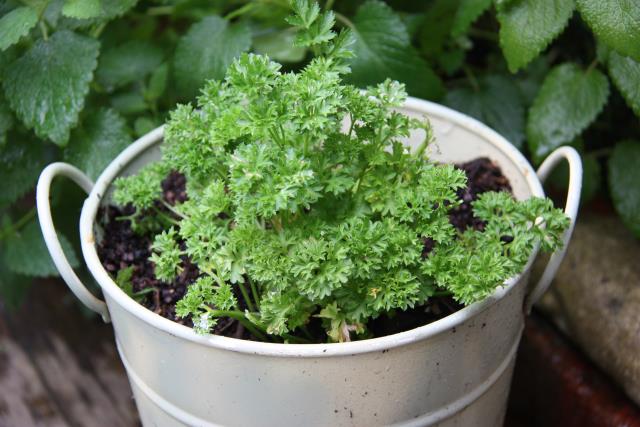Agriculture Victoria is urging Victorians including those in Maribyrnong and Hobsons Bay, to take caution when tucking into homegrown tomatoes or a fruit platters , to avoid the Queensland fruit fly (QFF).
Agriculture Victoria’s Statewide Fruit Fly Co-ordinator Cathy Mansfield is urging Victorian home gardeners to take extra steps this summer to protect their produce from QFF.
“Plants like tomatoes crop for months, so it’s important to protect them for the entire season,” she said.
“Remove damaged fruit on trees, vines or on the ground, as it might be harbouring fruit fly.
“Each female fruit fly can lay hundreds of eggs in her lifetime, so every maggot you destroy helps save your own crops and your neighbours’, along with helping to protect horticultural producers.”
QFF can breed in many other home garden crops that are present in mid-summer such as peaches, nectarines and berries, with fruit becoming increasingly attractive as it ripens.
Fruit infested with fruit fly should be microwaved, frozen or placed into plastic bags and left in the sun for at least 14 days before being thrown in the rubbish bin.
“Keep damaged fruit out of the compost – the warm and humid conditions create the perfect environment to rear a new generation of flies,” she said.
Other ongoing preventative measures include netting crops, with regular checks essential to ensure they’re tightly secured and haven’t been damaged by branches.
“Ask for fine insect netting at your hardware store or garden centre – the holes are approximately 2 millimetres in diameter, rather than bird netting which QFF can get through,” she said.
“Insect netting can be expensive but as long as it’s UV stable should last for many years, which makes it a very affordable long-term control method.
“You can also use QFF pheromone traps to catch male flies and this will help you to know whether there are flies present.
“If you do use baits or insecticides, follow the label instructions and maintain your program of applications to minimise the chance that you will miss a generation of flies.”
More great QFF control tips are available via the Agriculture Victoria website.







